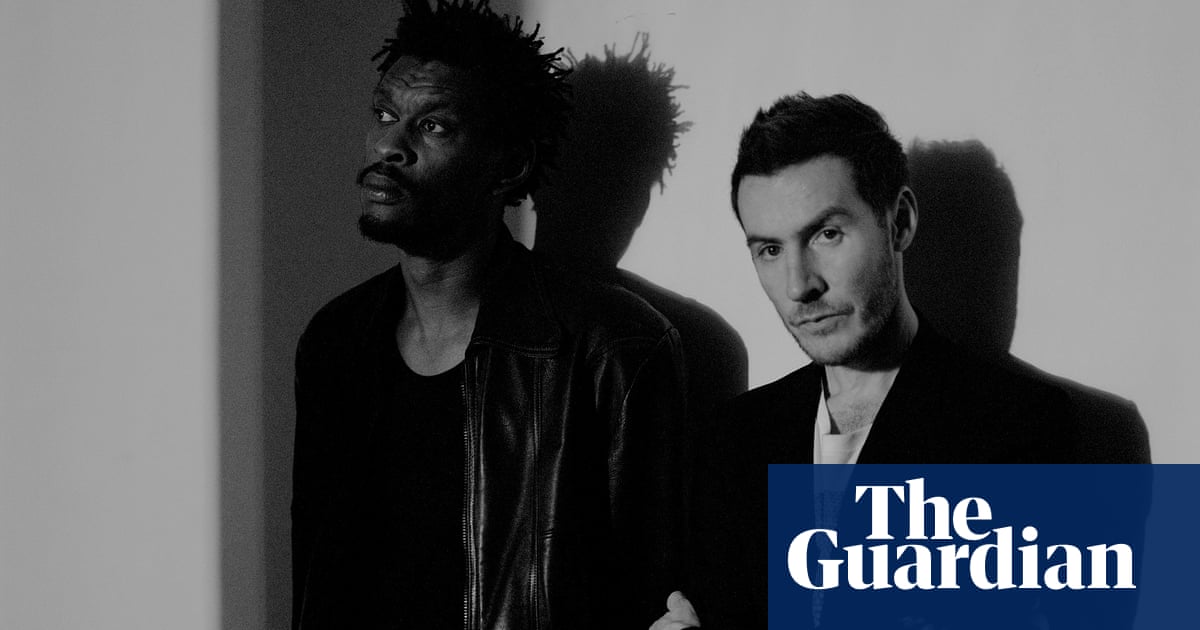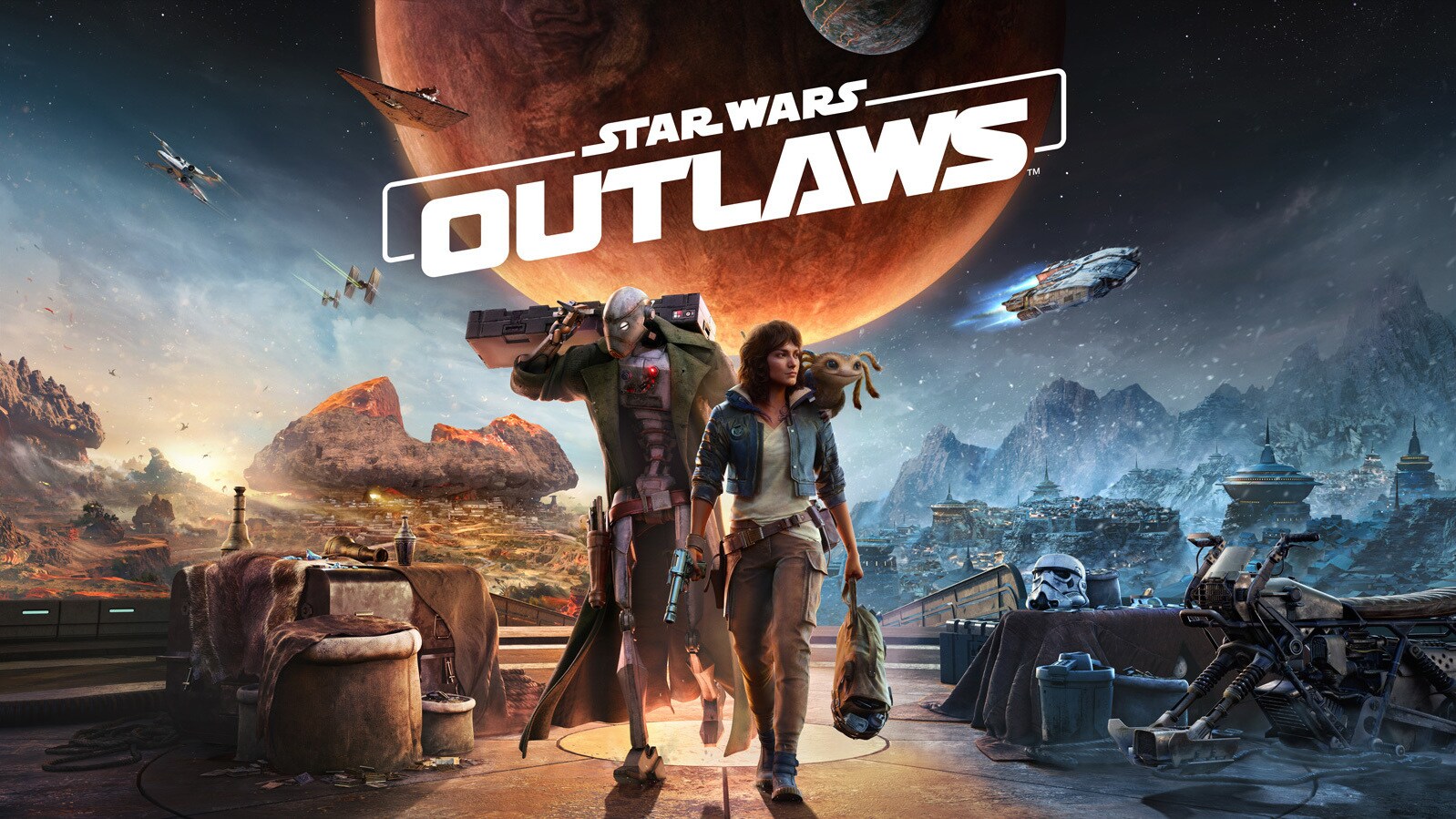Massive Attack's Green Revolution: Bristol Gig Sets New Standard for Sustainable Music

As pop stars jet around the world and fans contribute to significant emissions travelling to gigs, Massive Attack's Robert Del Naja has declared it's "time to act" and address the environmental impact of live music. This Sunday, the band will host their "Act 1.5" show in Bristol, a world-first for an event of its scale, powered entirely by renewable energy.
The event, named after the 2015 UN climate treaty aiming to keep global warming under 1.5°C, will see 30,000 fans attend a one-day festival featuring US rapper Killer Mike, Irish folk group Lankum, and Samantha Morton's solo music. Del Naja describes Act 1.5 as a "climate action accelerator," stating: "Some people think our sector's purpose is to tell people about [the climate crisis], as if it's not one of the most widely reported issues globally. We don't need to talk about it â we need to act on it."
The environmentally conscious show, initially conceived in 2018, has faced delays due to venue concerns and band member ill-health. Mark Donne, lead producer, reveals Massive Attack's "intense frustration" with the music industry's "intransigent attitude" towards sustainability. Donne explains the band's desire to move beyond superficial efforts and implement practical solutions.
To guide their approach, Massive Attack commissioned a report from the Tyndall Centre for Climate Change Research, which they shared publicly as a roadmap for super-low carbon live music. Act 1.5 embodies the report's recommendations, addressing key emissions areas through transport, food, energy, and waste management.
Recognising that fan travel is the largest contributor to an event's emissions, the festival prioritised local residents with presale access to tickets and offered free electric shuttles from transport hubs, eliminating the need for a car park. Ticket holders were encouraged to travel by train, with specially chartered services offering VIP facilities.
Massive Attack drastically reduced their own touring setup, demonstrating that sustainability doesn't mean sacrificing production value. Del Naja explains: "We designed an exciting show that doesn't require 25 trucks to move. Now our haulage is down to two trucks, and the show is more confrontational, visually dynamic â it hasn't lost anything, it's gained more."
Unlike other large-scale outdoor events, Act 1.5 won't rely on diesel generators. Instead, it will be powered by massive rechargeable batteries. "I'd like to think that next year, all big stages at major festivals will be powered by batteries," Del Naja says.
Vendors, primarily from local areas, will exclusively offer plant-based food, and bars encourage fans to bring reusable cups. All waste will be diverted from landfill, and a new woodland of 19,000 native oak trees will be planted 40 miles from the festival site.
Massive Attack isn't alone in tackling emissions. Billie Eilish's 2022 residency at the O2 Arena featured vegan food only, and she has announced climate action plans for her next tour. In June, Coldplay revealed their 12-point sustainability plan had reduced their carbon emissions by 59% compared to their previous global tour.
Del Naja stresses the importance of continued efforts: "You can tour, and you can travel by train when you can."
Local and national government also have a role to play. UK festivals require licensing from local authorities, providing an opportunity to incorporate conditions for renewable power and greener transport. However, Del Naja urges concert promoters not to wait for legislation and take action now, arguing that the technology and strategies to decarbonise events are already available.
"This isn't about pointing fingers at the consumer," he clarifies. "It's about promoters, who hold the power in this sector, doing more. They have the ability to make the change and the finances. What's frustrating is knowing people are sitting on their hands, waiting for legislation."
Donne insists Act 1.5 will be profitable and hopes it will serve as an example for the rest of the industry. "We'll be transparent, recording what didn't work," he says. "This is about showing how far you can move quickly â if you choose to." Del Naja emphasises that the event will inform future efforts, both domestically and internationally, working with other promoters.
While the band has hinted on Instagram that Act 1.5 "may be the last time we play Bristol," Del Naja is less definitive. "There's a sense that once we've done this, we probably won't work on this scale again in this city," he says. "It's the big one for us, and whatever we do next will be different."
Massive Attack's Act 1.5 is more than a concert; it's a bold statement, urging the music industry to embrace sustainability and take responsibility for its environmental impact. It remains to be seen how the industry will respond to this ambitious project, but Act 1.5 serves as a crucial step towards a greener future for live music.





